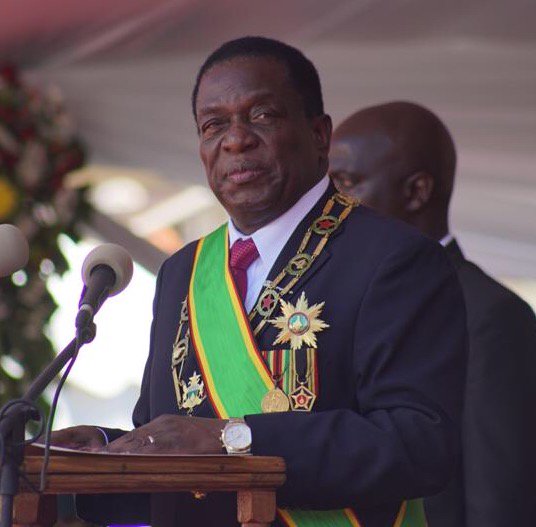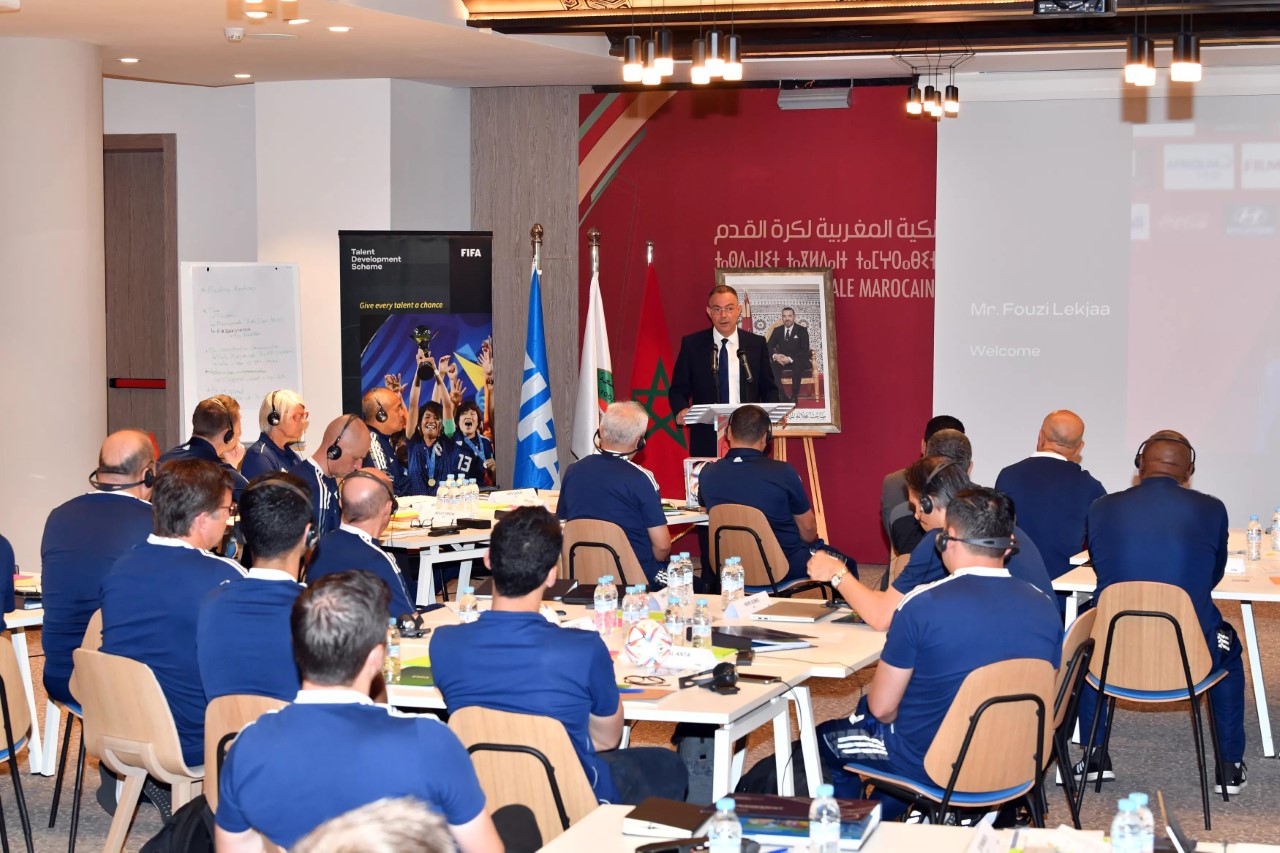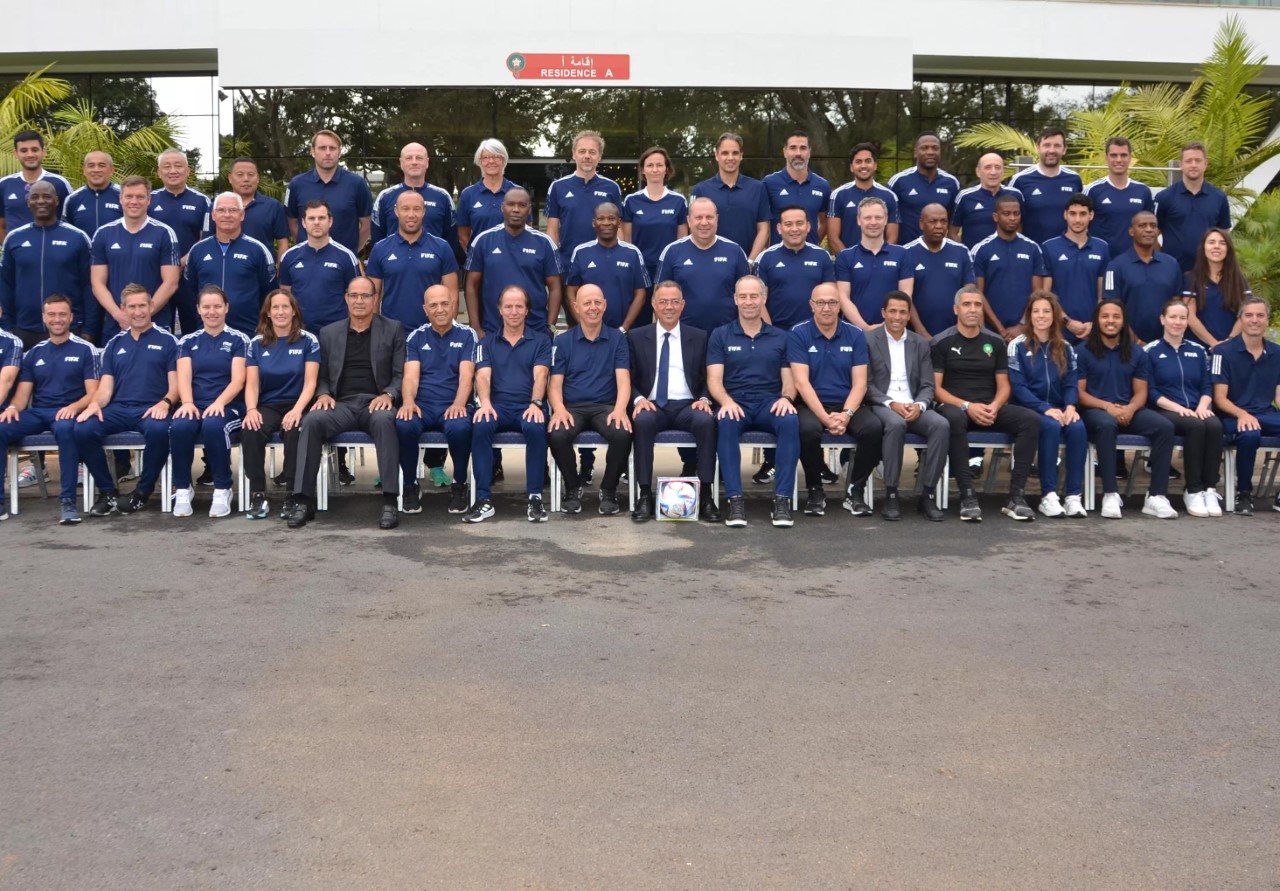Posted on 16 February 2013 by Thandisizwe Mgudlwa
AFRICABUSINESS.COM

An initiative by Microsoft which aims to engage youth to drive sustainable African economic growth and development is on.
Microsoft YouthSpark is a global initiative to create economic opportunities for 300 million youth over the next three years.
News
coming from JOHANNESBURG, South-Africa, this week report that
unemployment remains rife on the African continent. With almost 200
million people aged between 15 and 24 in Africa today, the youth
community represents more than 60 per cent of the continent’s total
population and accounts for 45 per cent of its growing labour force.
However,
the imbalance between the demands of the labour market and the supply
of appropriately skilled workers in Africa is reaching its breaking
point. In light of this, Microsoft Corp. announced its ongoing
commitment to driving opportunities for African youth through its
YouthSpark initiative.
Microsoft
YouthSpark is a global initiative that aims to create opportunities for
300 million youth in more than 100 countries during the next three
years. This company wide initiative includes Corporate Social Investment
(CSI) and other company programs — both new and enhanced — empowering
youth to imagine and realise their full potential by connecting them
with greater opportunities for education, employment and
entrepreneurship.
Djam
Bakhshandegi, CSI Program Manager at Microsoft in Africa, “It is a sad
reality that while young Africans are more literate than their parents,
more of them remain unemployed,” Bakhshandegi adds.“At the core of our
YouthSpark and other CSI activities is our belief that relevant
innovation holds the key to unlocking the answers to our most pressing
challenges in the region. Through YouthSpark, in sub-Saharan Africa
alone, we have already reached over half a million young people and made
$1.1 million worth of software donations to
non-Government-organisations. In addition we have trained almost 30,000
teachers through our Partners In Learning tools as well as equipping
hundreds of small & medium businesses with relevant start up
skills.”
Further
revealed is that as part of its broader strategy, Microsoft views
Africa as a critical investment market. Its flagship African investment
and growth drive, 4Afrika, which YouthSpark falls under on the African
continent, was launched in February 2013. Through 4Afrika, Microsoft
will actively engage in Africa’s economic development to improve its
global competitiveness.
And
by 2016, the Microsoft 4Afrika Initiative plans to help place tens of
millions of smart devices in the hands of African youth, bring 1 million
African small and medium enterprises (SMEs) online, up-skill 100,000
members of Africa’s existing workforce, and help an additional 100,000
recent graduates develop skills for employability, 75 percent of which
Microsoft will help place in jobs.
Also,
“YouthSpark forms part of this 4Afrika vision and through YouthSpark,
we are paying specific attention to the next generation of our ecosystem
through our work with schools, students, start-ups and the developer
community to drive skills and ICT integration which will in turn trigger
growth,” says Bakhshandegi. “Through our partnerships with governments,
non-profit organizations and businesses, Microsoft YouthSpark aims to
empower youth to imagine and realize their full potential.”
In
addition, Microsoft YouthSpark goes beyond philanthropy and brings
together a range of global programs that empower young people with
access to technology and a better education and inspire young people to
imagine the opportunities they have to realise their potential,
including Office 365 for education, free technology tools for all
teachers and students to power learning and collaboration, and Skype in
the classroom, a free global community for teachers to connect their
students with others around the world. Other YouthSpark initiatives
include:
• Partners in Learning Network (http://www.microsoft.com/education/pil/partnersInLearning.aspx).
An online professional development platform for government officials,
school leaders and educators to help them with new approaches to
teaching and learning, using technology to help students develop 21st
century skills.
• Microsoft IT Academy (http://www.microsoft.com/en-us/itacademy/default.aspx).
A career-ready education program available to all accredited academic
institutions, providing students with 21st century technology.
• DreamSpark (https://www.dreamspark.com).
Free access to Microsoft designer and developer tools for students and
educators, helping advance key technical skills during the high school
and college years, a critical time in a student’s development.
• Imagine Cup (http://www.imaginecup.com).
The world’s premier youth technology competition, which challenges
students to apply their knowledge and passion to develop technical
solutions for social impact, to develop engaging games, and to
demonstrate innovation that can benefit others, local communities and
the world.
• Students to Business (http://www.microsoft.com/studentstobusiness/home/default.aspx). A program that matches university students with jobs or internships in the technology industry.
• BizSpark (http://www.microsoft.com/bizspark).
A software startup program, providing young entrepreneurs with access
to Microsoft software development tools and connections with key
industry players, including investors, to help them start a new
business.
•
Employability Portals. An all-inclusive platform that links users – who
wish to plan their career, get career advisory, acquire training, build
their capacity, apply for jobs and internships – with customized
resources, counselors, mentors and jobs.
Another example is Microsoft’s Build Your Business programme (http://blogs.technet.com/b/microsoft_on_the_issues_africa/archive/2012/02/13/building-your-own-business-a-new-curriculum-helps-young-people-find-success.aspx),
a comprehensive and inter-active training course designed to support
aspiring and emerging entrepreneurs. David Arkless, Manpower Group’s
President of Corporate and Government Affairs, says, “Start-ups and
small businesses are the backbone of Africa’s economy, and this learning
course will encourage aspiring entrepreneurs to take the leap to set up
a business venture. We are committed to helping new small businesses
get off the ground and provide them with the skills to deal with the
rigors of competition and day-to-day business tasks.”
“We
are committed to using our technology, talent, time and money to help
create sustainable growth across the African continent,” says
Bakhshandegi. “Microsoft YouthSpark is not just about enhancing young
people’s digital skills. Rather it is about helping young people having a
more balanced set of skills that is required in today’s very
competitive work environment.”
A full list of Microsoft YouthSpark programs can be found at the YouthSpark Hub (http://www.microsoft.com/youthsparkhub).









